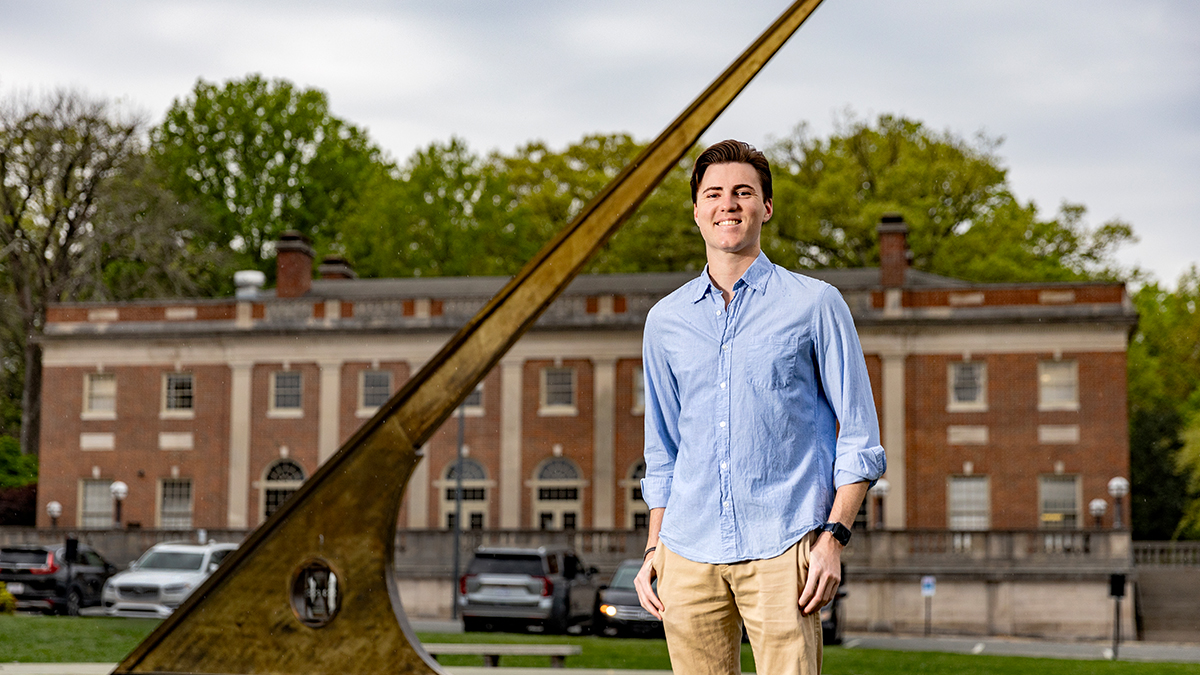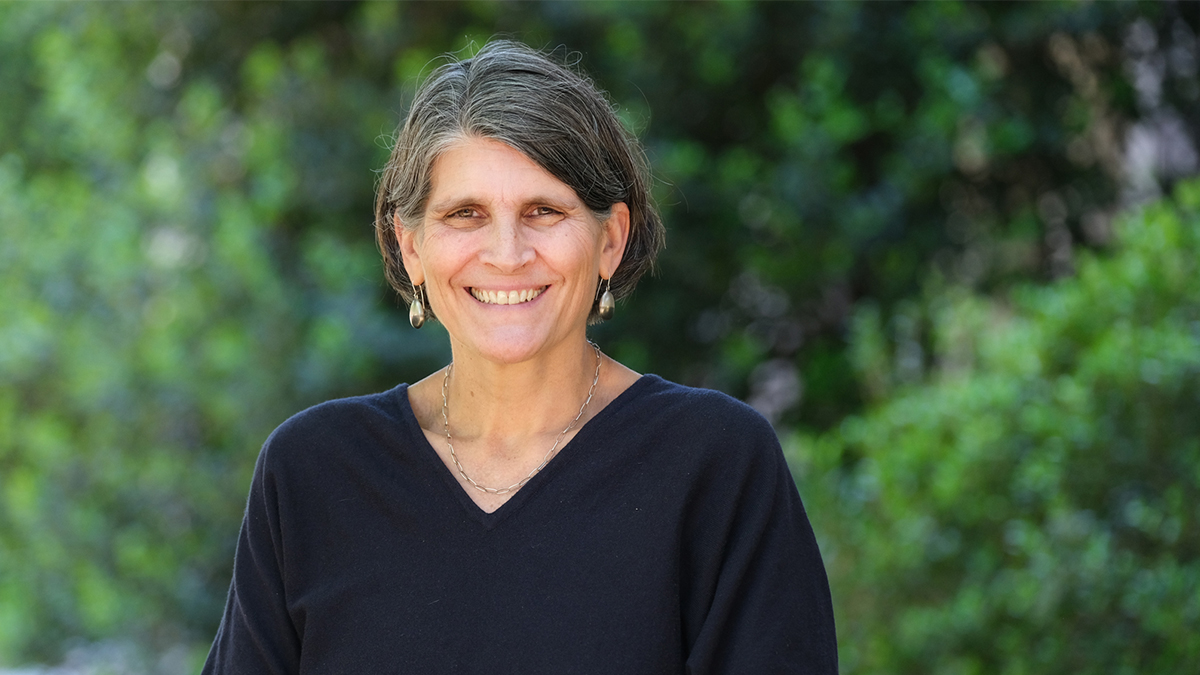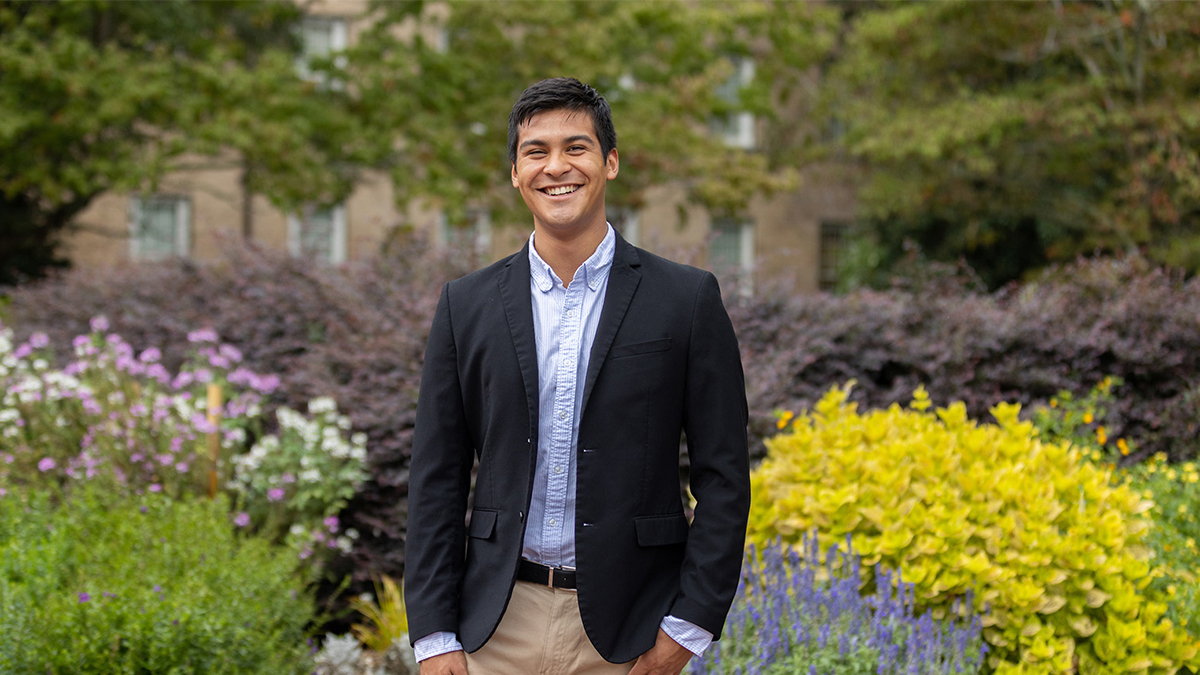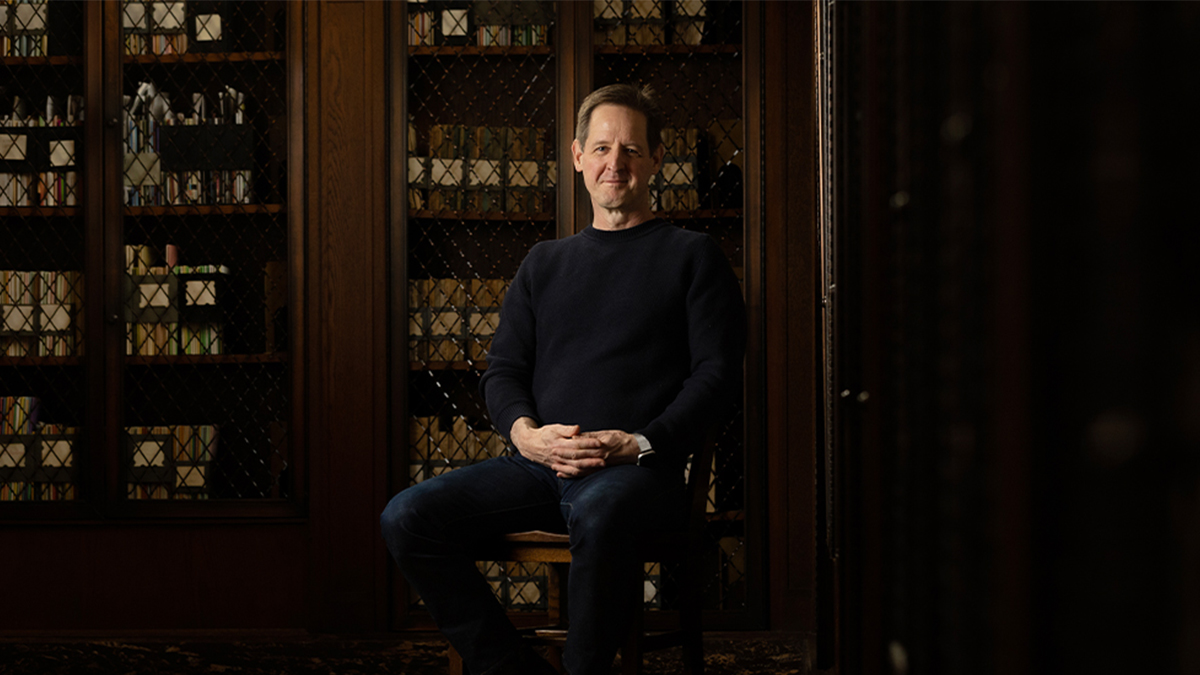Black fathers matter
Psychologist Shauna Cooper studies the role of Black fathers in child development and promotes parenting support for them.
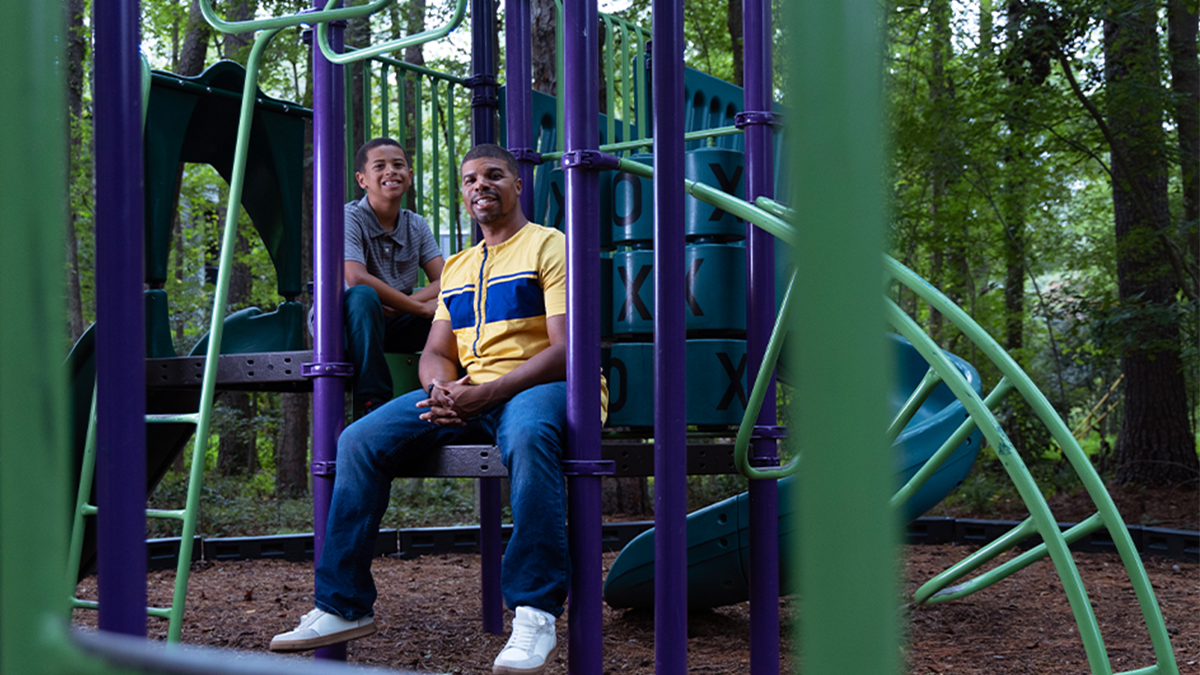
Since 2009, developmental psychologist Shauna Cooper has conducted several research studies on father engagement and involvement. She found that studies in the field, particularly those on Black families, either focused primarily on mothers or provided limited perspectives on father involvement.
Seeing that Black fathers were often being left out of the equation, Cooper began talking to them.
“Black fathers are aware of the stereotype that surrounds them,” says Cooper, a UNC-Chapel Hill psychology professor who studies the role of Black fathers in child development. “They understand that teachers often reach out to mothers instead of fathers. But many are adamant that the narrative of an absent or uninvolved father does not apply to them.”
Finding challenge in the change
Both online and television coverage of race-related topics — like the Black Lives Matter protests and the deaths of George Floyd and Breonna Taylor — bring issues of disparity and injustice to the forefront for families.
Black teens often respond strongly to these events. Previous studies suggest that their exposure to negative stereotypes and racial discrimination can lead to lower academic achievement and self-esteem and poorer well being, including an increase in suicide and suicidal ideation.
“Fathers articulated that media portrayals of African American children and adolescents were overwhelmingly negative and that these depictions were often inconsistent with their own experiences and observations,” Cooper writes in her study on fathers’ race-related concerns for adolescents.
Many of Cooper’s projects focus on how Black fathers discuss race and culture as their children shift in their teens. She finds that dads who experience racism have a strong desire to shield their children from its negative impacts, provide them with tools and strategies to cope and strengthen and preserve community and family life. This work also suggests that children of Black fathers with strong support networks experience more positive outcomes.
Cooper’s research suggests that Black dads recognize the different experiences of their sons and daughters, particularly within school contexts. They want to teach their daughters about healthy relationships and dating, self-esteem and identity and academic success as a tool to break down race- and gender-related barriers. With their sons, they focus more on risk avoidance, personal safety and being a role model and guide.
“I think it needs to be more visible that we do love them,” one of Cooper’s study participants shares when talking about parenting sons. “It’s important to connect with them emotionally, spending time with them, playing sports, doing whatever.”
Searching for solidarity
Research partnerships remain at the core of Cooper’s work. Most recently, she has created a Fathers’ Advisory Council to help guide future research projects. The team includes Ruben Watson, director of foundation giving for Communities In Schools, and Atrayus Goode, president and CEO of the Youth Mentoring Collaborative. Watson writes children’s books focused on multicultural perspectives, and Goode strives to promote youth development through high-quality mentoring.
“The playbook for fatherhood remains unwritten,” Watson says. “Countless fathers seek a community — a fraternity — where they can exchange best practices, share life’s lessons, and connect. I’m sincerely grateful to Shauna for her contributions.”
Fathers need additional spaces where they can seek support about parenting, Cooper says. Although there has been some change over the years, society doesn’t fully engage with men about parenting. She advises fathers to find a community to share experiences and talk about their needs and mental health.
“It’s not always the direct interactions that are important, but the way you interact with the world,” she says. “Your well being is important for not just you, but how you interface with your children and their well being.”
